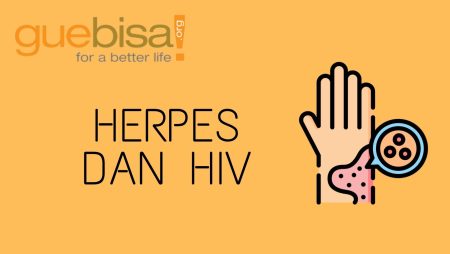In the early years of the epidemic, there were few who thought that we would ever focus on HIV and aging. In fact, many providers are still not facing the massive change in the age of people with HIV and the challenges that come with it.
Although we are seeing new HIV infections in people over 50, the main reason for the rising number of older adults with HIV is better HIV medications. In 1985, a 20-year-old with AIDS might expect to live only to age 22. Today, that 20-year-old can look forward to an almost normal lifespan. This year, half of those living with HIV in the U.S. will be over 50. By 2020, that number may rise to 70%.
But HIV is not the only health issue these older adults face. Research shows that people with HIV have an increased risk of many illnesses associated with aging. These conditions, including heart disease, cancers, kidney disease, osteoporosis, and others, are occurring more often and sometimes earlier than expected. Also, mental health conditions like depression are common among those with HIV.
Does HIV Make People Age Faster?
Research to answer this question has skyrocketed, but a scientific consensus has not yet been reached. The reality is complicated. But HIV, together with other risk factors, does seem to be driving an increased frequency and earlier onset of age-related illnesses. What do we know, and what can be done to prevent or reduce the frequency and severity of these illnesses, known as “comorbidities”? How can older adults with HIV manage them?
Aging Is Not a Disease
Everyone, regardless of HIV status, ages. There are complex changes in our body that occur as we age. But aging itself is not a disease. We know that the arc of aging can be very different for each person, due to genetic and environmental factors. The focus of much research is how HIV interacts with the complex changes that occur as we age. And that is only beginning to be understood.
One possible explanation for the high number of comorbidities people with HIV face is that HIV not only attacks the immune system, but also activates it. Known as inflammation, this leads the body to release large amounts of substances into the blood that can cause more harm than good. For example, chemicals called cytokines fight infection, but when present in large amounts due to inflammation they can lead to poor health outcomes.
Inflammation is reduced, but not eliminated, by HIV treatment. Chronic inflammation may play a part in many illnesses, including heart disease and osteoporosis (bone thinning). HIV aside, inflammation is magnified by smoking, alcohol, poor diet, excess stress, etc. And inflammation is cumulative, so people infected with HIV in their 20s will have a longer exposure to HIV-related inflammation than those infected in their 40s. For people who delayed HIV treatment, or who do not adhere to HIV treatment, HIV-related inflammation will be greater. This is one of the reasons HIV treatment is now recommended for all people as soon as they are diagnosed with HIV.
Many older adults also have other risk factors that increase the possibility of developing the illnesses associated with aging. Genetics are beyond our control — does longevity run in your family? But we are responsible for other risks, including smoking, poor diet, lack of exercise, high stress, and substance use. Some risk factors can be managed by medications, and others by personal actions. Here are some conditions older adults with HIV face, and suggestions for dealing with them.
Heart Disease
There is no doubt that older adults with HIV have a greater lifetime risk of heart disease. This risk may come from HIV-induced chronic inflammation or other factors like smoking, poor diet, and lack of exercise. Reports based on thousands of HIV patients show that older adults with HIV are at a greater lifetime risk for heart attacks and other cardiovascular conditions than younger patients.
What you can do:
- Discuss with your health care provider how to manage risk factors for heart disease such as high blood pressure and diabetes.
- Stop smoking — this is a priority.
Avoid recreational drugs — if you do use them, be sure to discuss this with your health care provider. - Keep your weight within the normal range for your age.
- Exercise — this is key. Walk, run, ride a bike, lift weights, play a sport. Talk to your doctor and choose the one that is best for you, but choose one!
Cancer
Certain cancers (Kaposi’s sarcoma and non-Hodgkin’s lymphoma) have historically been linked to an AIDS diagnosis. But today, non-AIDS cancers such as anal cancer, liver cancer, and Hodgkin’s lymphoma occur more often in those with HIV than in those who don’t have the virus. Lung cancer is also more common in HIV-positive adults, but this may be due to the fact that at least half of all older adults with HIV smoke — a rate three to four times higher than that of the general population. However, no increased risk for breast and prostate cancer has been seen in people with HIV.
What you can do:
- Discuss screening tests recommended for older adults, such as mammography and colonoscopy, with your care provider.
- Discuss screening tests that are specific for people with HIV with your provider — anal pap smears or other anal cancer screens are important for everyone with HIV, and women need cervical pap smears.
- If you do have cancer, learn as much as you can — many cancers are treatable, but require close coordination of care with a cancer specialist.
Source: thebody.com.




No Comment
You can post first response comment.